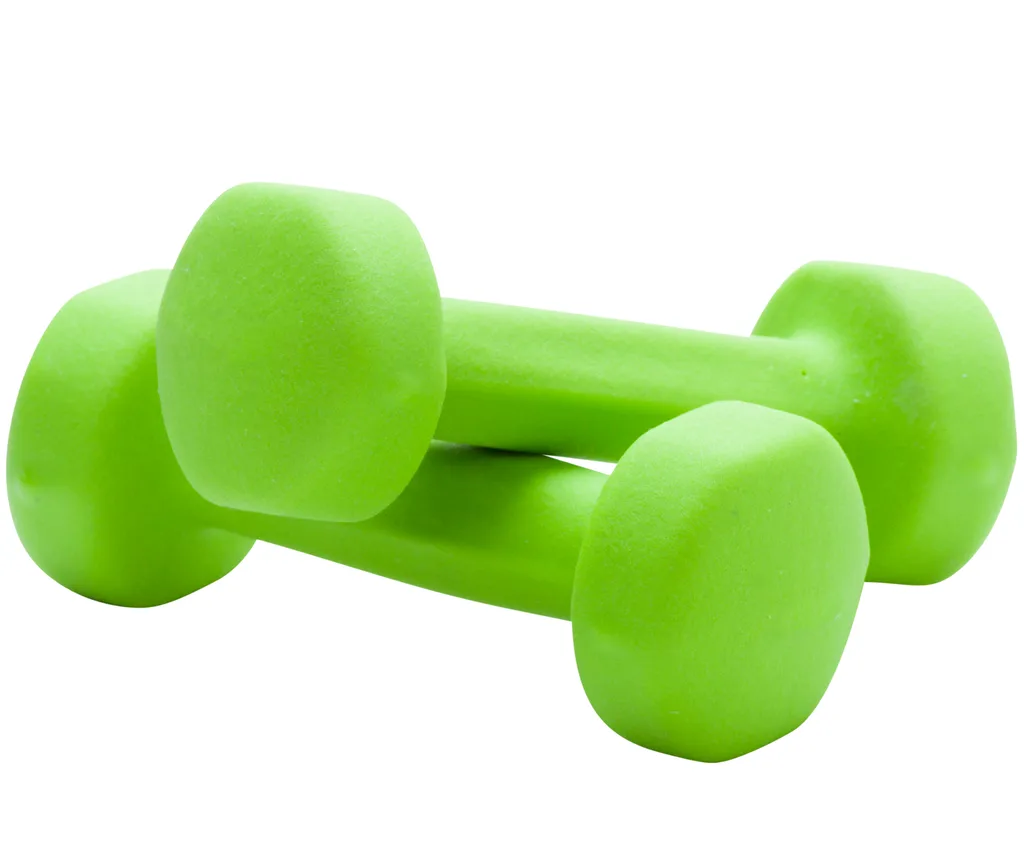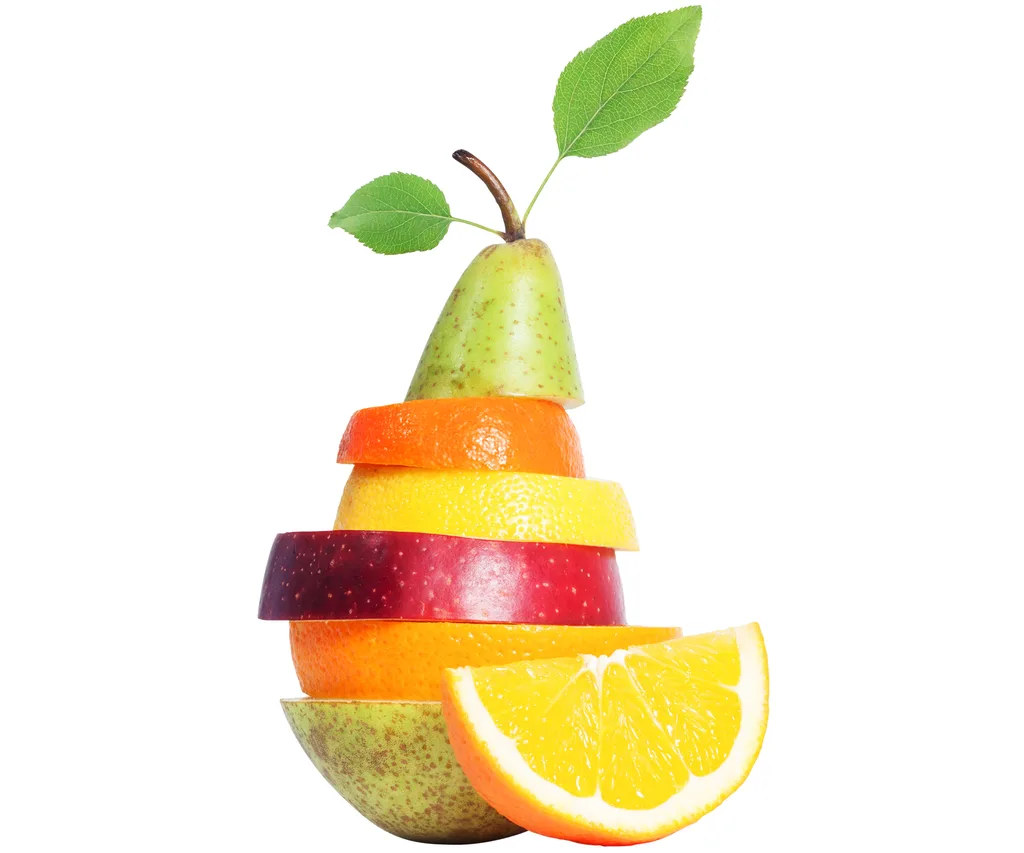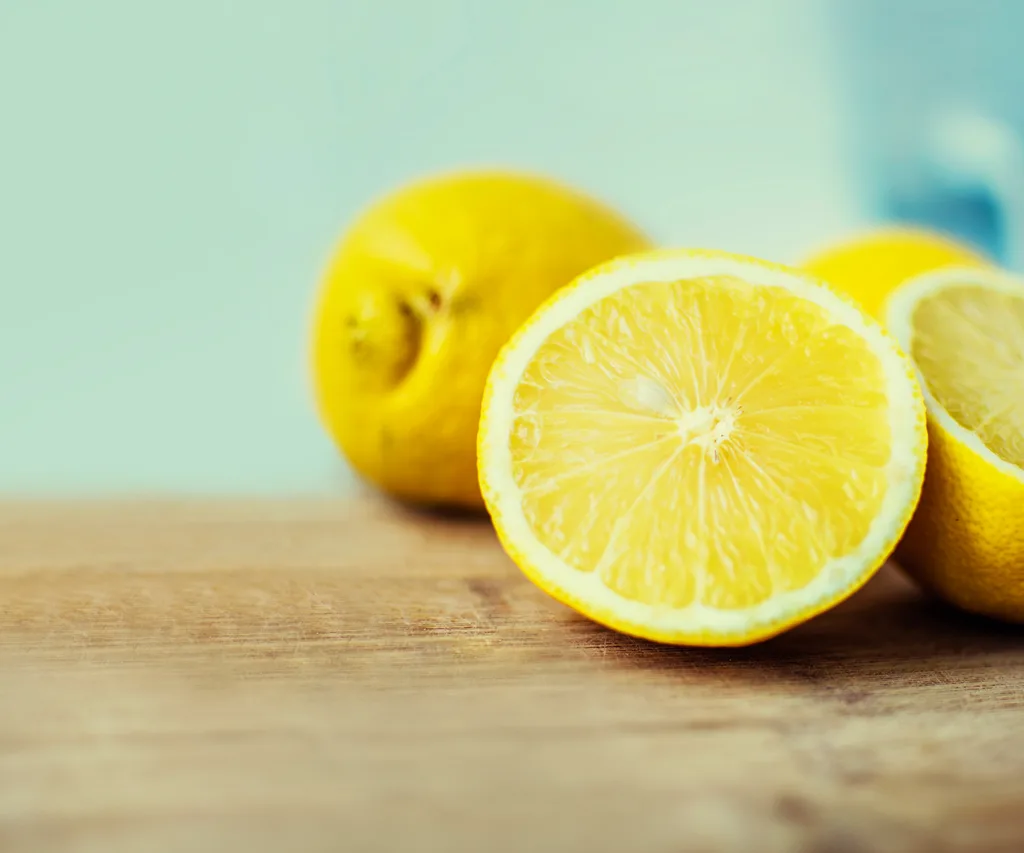1. Wash your hands
This is the number one way to stop germs spreading. If we were all vigilant about washing our hands, the number of colds people will suffer this winter would drop drastically. Always wash your hands after using the toilet, blowing your nose or coughing, and before eating or preparing food. It’s also a good idea to get into the habit of washing them every couple of hours, and if you’ve been in a public place touching things such as door handles and stair rails, or using public transport.
2. Have a flu jab
Seasonal flus can strike people who are normally pretty healthy and leave you feeling really unwell. If you have a chronic illness, the flu can cause serious symptoms and take a long time to recover from. It can also be fatal. And it doesn’t matter if you had an injection last year – the strain of flu that makes people sick changes every year, so vaccinations change to take account of this. Flu jabs are free for some people – talk to your doctor.

3. Don’t forget to exercise
It can be tempting to spend most of our time huddled up inside when it is cold, but it is a good idea to make yourself get out and do some form of exercise. Don’t forget, physical activity will get you warm. If you really can’t face going out in the cold, find something that you can do at home, like working out to an exercise video, riding an exercycle or dancing around the living room.
4. Stay hydrated
We tend to drink more fluids when it is warm and forget about getting our eight glasses of water each day as it gets colder. Cold air and indoor heating can also dry out your skin, so you need to keep up your water intake. If you don’t like the idea of drinking cold water, try adding a splash of boiling water and a slice
of lemon.
5. Quit smoking
If you’re a smoker – even a social one – you’ve probably noticed you are more prone to upper respiratory infections at this time of year. Giving up cigarettes is not only good for your airways, but will also reduce your risk of developing a whole host of other illnesses. Take notice of how horrible it is having to stand outside in the cold to smoke now that this habit is banned indoors in many places and vow to quit!
6. Get outside
Getting outside, even if it is really cold, is important not only because fresh air is good for you – especially if you’ve been stuck inside with the heating on – but because it exposes you to daylight. This keeps circadian rhythms (our body clock) in sync and helps you to sleep properly. Plus a lack of sunlight is associated with a condition called SAD – seasonal affective disorder – which can result in depression.

7. Keep eating well
Your good intentions to eat a healthy diet can go out the window in winter when all you feel like is “comfort” foods like pasta, which tend to be stodgy and high in carbohydrates. If you do have a craving for carbs, go for the healthy sorts that include lots of fibre, such as potatoes and kumara. Include plenty of protein in your diet like kidney beans, fish, meat and dairy products, and don’t forget veges and fruit. People often think of summer as the time to eat salads, but it is important to continue to include them in your diet.

Here’s what’s in season now and why you should be eating them:
Brussels sprouts. They contain iron, potassium, fibre and vitamins A and C, and are a member of the cruciferous family of vegetables containing cancer-fighting compounds.
Leeks. A member of the same family as onions and garlic, they contain compounds that help support the immune system. They are high in folate, vitamin C, iron and fibre.
Pumpkin. This vegetable is packed full of beta carotene, vitamin C, folate potassium, manganese and fibre.
Braeburn apples. These apples contain antioxidants and vitamin C, and are high in fibre.
Parsnips. Delicious roasted, they are a good source of fibre, folate, vitamins C, B6 and E, calcium, magnesium and potassium.
Lemons. They’re packed full of vitamin C and are high in antioxidants.
Tamarillos. They’ll deliver potassium, copper, fibre, manganese, vitamins A, B6, C, E and thiamine.
Kiwifruit. These are one of the best sources of vitamin C and also contain vitamin E, fibre, potassium and folate.
Passionfruit. A good source of vitamin C, beta carotene, potassium and fibre.











